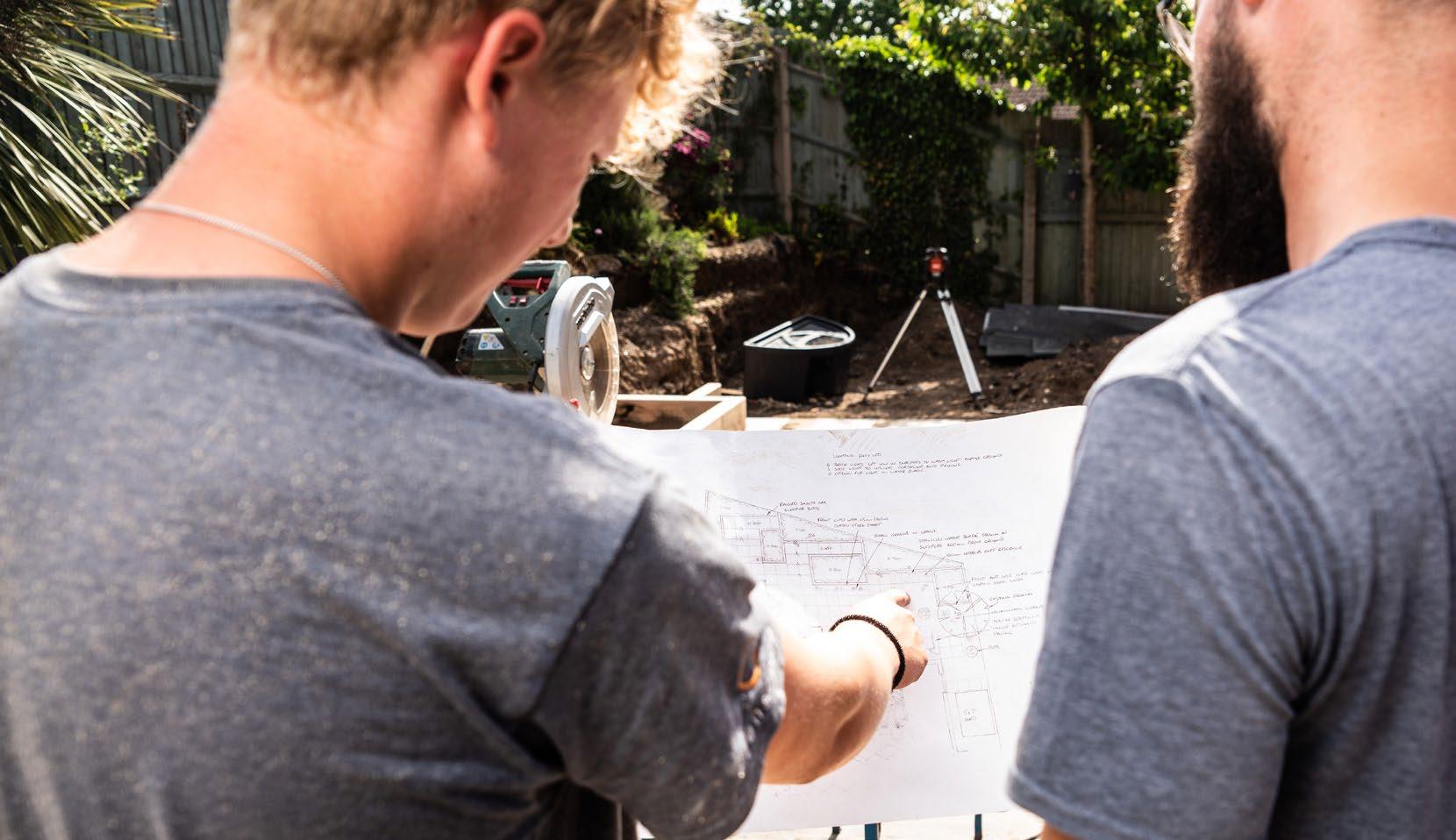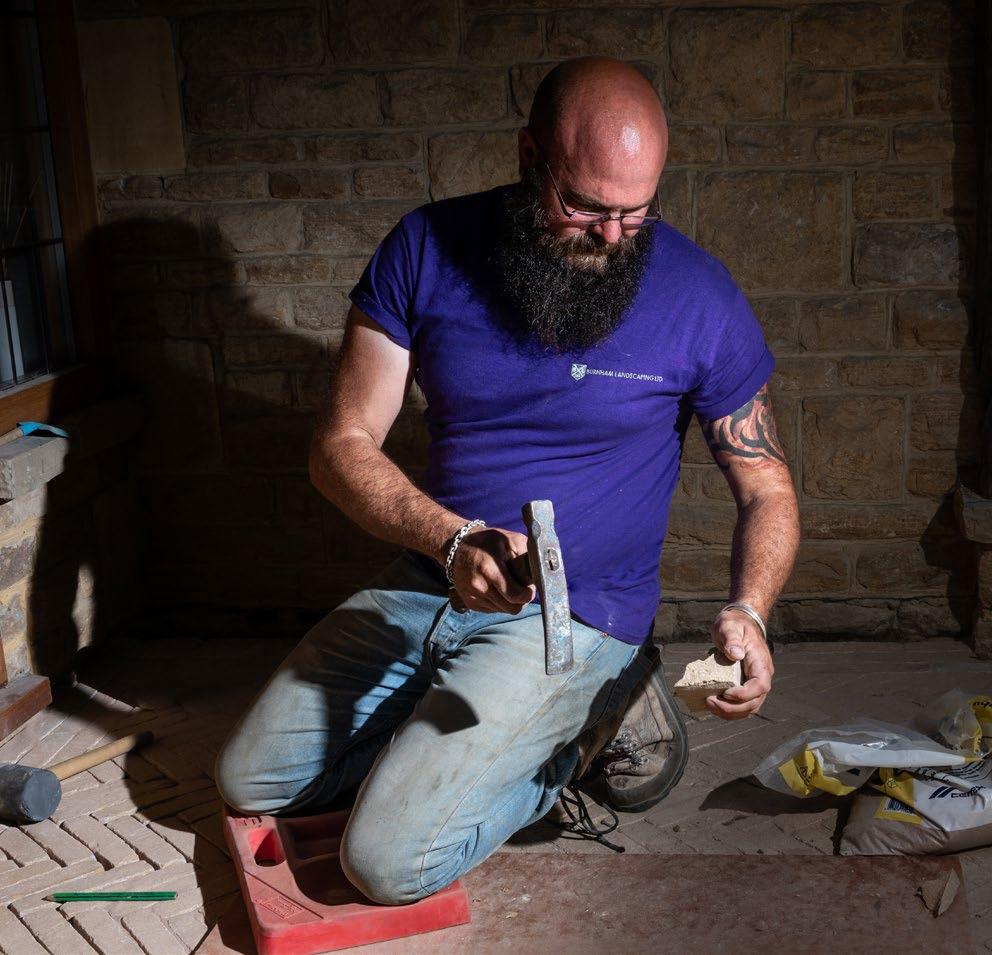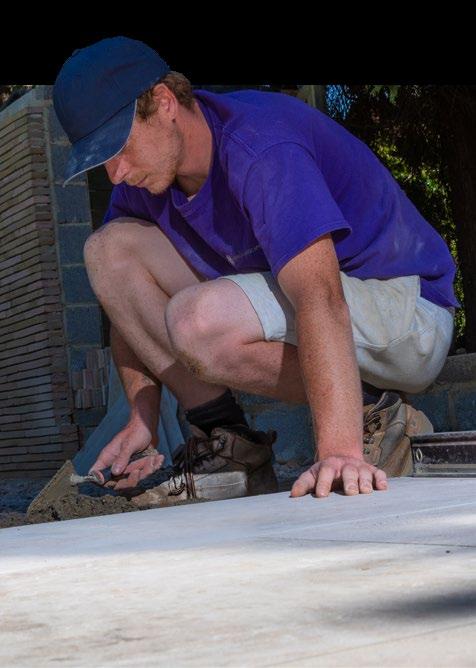
4 minute read
Training
Will today’s industry skills be the same tomorrow?
There is no doubt that everyone recognises the importance of future proofing their business. Make plans today and strategise to make sure you have a thriving business going forward. Part of this will be making sure that you, and your employees, have the right skills going into the future. Upskilling will also support progression of employees into different positions, strengthening your company overall.
The industry recently came under the microscope when a Horticulture Sector Skills Survey was carried out. A large part of the survey looked at the skills gaps that the industry currently faces as well as identifying the future skills that may be required, in order to aid with prioritising training.
A safe company is a healthy company
Health and Safety was unanimously sited as one of the top two most important skills required, both now and in the future. If businesses are to survive, function and hold a good reputation with clients and employees they must operate safely with its workforce adhering to current Health and Safety standards and practice. Therefore, if employees do not already hold them, they should consider gaining a landscape specific health and safety certification like ROLO to demonstrate competence in working safely. The certification can be gained at Operative, Supervisor or Managerial levels – read more on page 8. If this is needed for site access, then an application can be made for the appropriate LISS/CSCS card.
Let the tool do the work
In every industry, the advancement of technology and machinery is paramount to its survival and our sector is no different. Machinery and tools have been developed to help the landscaper in their daily tasks, from cutting grass to moving and shaping the ground on a new project. Landscapers can lose valuable time when machinery is damaged, breaks down or is used incorrectly. Therefore, the value of a qualified machine operator is in high demand, along with people that know how to use equipment correctly, safely and to its full capability, and knowing how to check it and make simple repairs. This was seen to only get more important going forward, with the need for industry machinery tickets potentially leading the way in supporting the workforce.


Written by Stephen Ensell
Education Officer (GoLandscape)
Change the future
The environment and climate change are very much at the forefront of everyone’s mind, and this certainly came out highly in the survey. Every industry is working hard to tell you how environmentally safe they and their products are. As an industry, we lead the way in what we do, creating and nurturing green spaces, all of which have a direct impact on the environment and help reverse climate change. Add to this the impact green spaces have on our mental health; we can see landscaping is making real and tangible differences to our world and its people. But we can’t stop here, as an industry we need to be working in a sustainable way, in how we run our businesses, using environmentally, ethically sourced, and manufactured materials. Whilst clients may still consider cost to be a key factor there is a greater desire to consider the ‘greener’ options available to them.
It’s all in the design
This is where most projects start, with a design. For the project to be a success, a lot of thought will go into its planning and design, hence design was highlighted as a desirable skill moving forward. At the heart of any landscape project is the need to solve a problem and improve a space and therefore the experience of the end user. A design helps the client visualise the end result and it also means that all parties involved in the project should know what’s happening, therefore the requirement for this skill will continue to grow.
Hard and soft landscaping
This is the nuts and bolts of most landscape businesses’, the skills that focus on hard landscaping and soft landscaping. It is also where the broadest range of skills sit, and an area where we never stop learning or developing these skills. In terms of education and training, we have steadily seen a decline in educators providing this and relevant training, especially in hard landscaping. Our Association is in the process of tackling this directly by developing much needed technical training that covers these skills, based on industry fundamental standards, appropriate to the varying levels needed. The aim is to assist employers and employees develop essential skills and knowledge that will help fill skills gaps in this area and hopefully future proof your business.
If you found this article interesting and would like to read similar articles online visit golandscape.co.uk
Landscape GO building real careers








